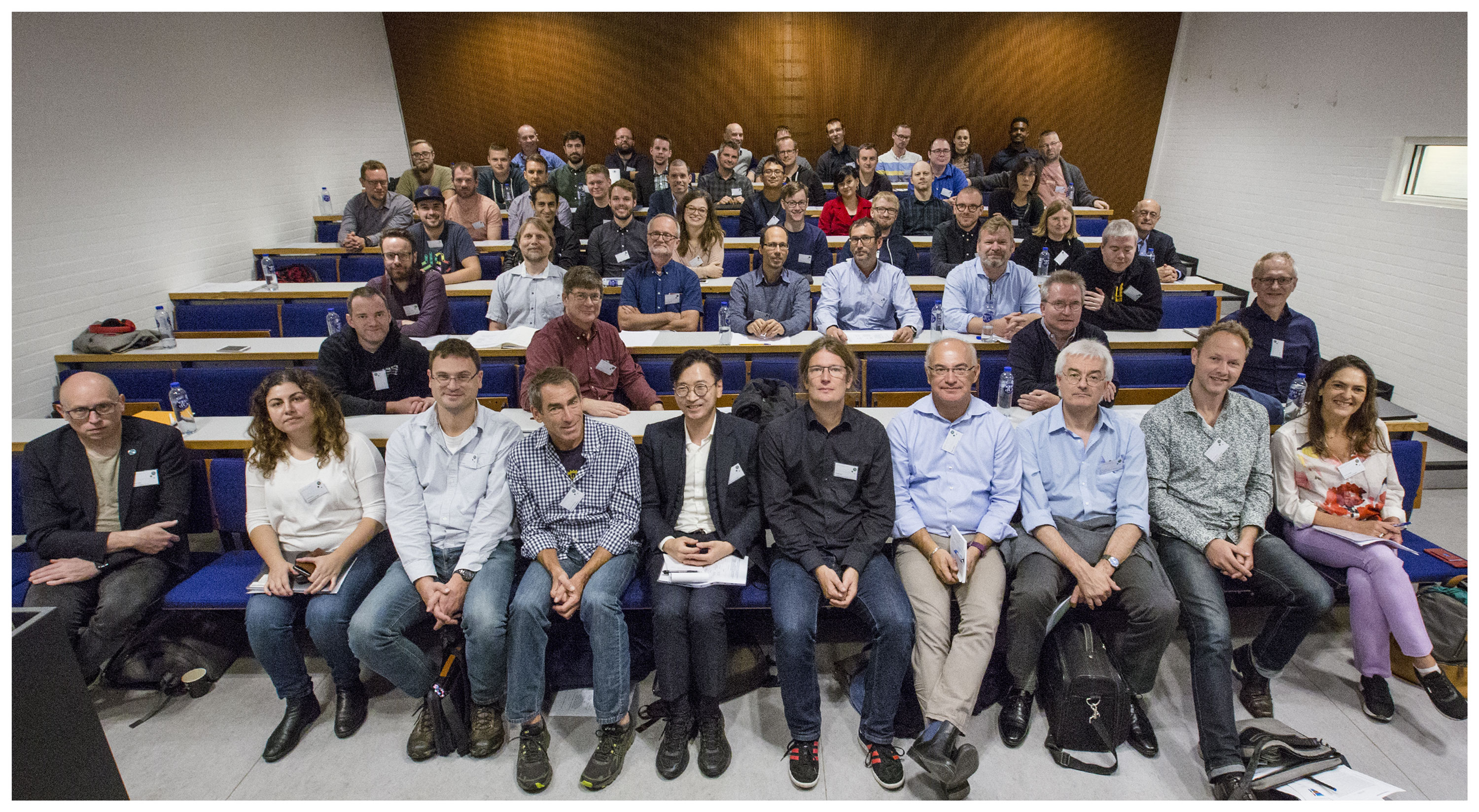
Break-throughs in deep learning (DL) technology are revolutionising the amount, rate and nature of information that can be extracted from data, creating new opportunities to accelerate scientific discovery in ways that have never been imagined before.
The scientific information generated at large scale facilities, such as Synchrotrons, Free Electron Lasers and neutron sources, presents a novel and challenging platform to explore the boundaries of DL technology. Here both the volume of high quality scientific data as well as the high speed of experiments, specifically those that monitor and track fast real-time physical processes, place high demands on both state of the art instruments and software as well as in experimenters themselves. DL can potentially enhance the scientific value and insight that can be gained from experiments in these large-scale scientific infrastructures.
In this workshop we shall focus on two topical themes on DL Accelerated Discovery.
• The use of DL architectures to generate unbiased and objective models for analysis of scattering data from X-ray and neutron sources.
• The use of DL methods for optimising data collection protocols in real time and for discovering anomalies in experimental data and enhancing the efficiency of the scientific workflow.
These intersections of scientific discovery and DL science are unique and the workshop will explore potential research avenues to understand how to best develop these technologies to accelerate discovery using these facilities.
The program for the workshop will consist of plenary sessions followed by working groups, and final close-out. On Thursday the 26th, plenary seminars will review the state of the art in DL and how it is currently used in x-ray and neutron scattering experiments, as well as on the challenges that these experimental techniques face that can be addressed by DL. Afternoon working groups, led by a convener, will explore and report in how DL methods can become more generically applicable to a wide range of scattering experiments, including data analysis, bias-free modelling and optimization of experimental protocols.
On Friday, 27th, conveners will present the outcomes of the previous day’s working-groups and the meeting will close with a discussion and presentation of an overall summary. A tentative roadmap on how to make progress in the application of DL for Accelerated Scientific Discovery at next generation X-ray and Neutron Sources will also be proposed.
There is no registration fee for the workshop, but attendance is limited to 40 participants.
Looking very much forward to seeing you on September!
